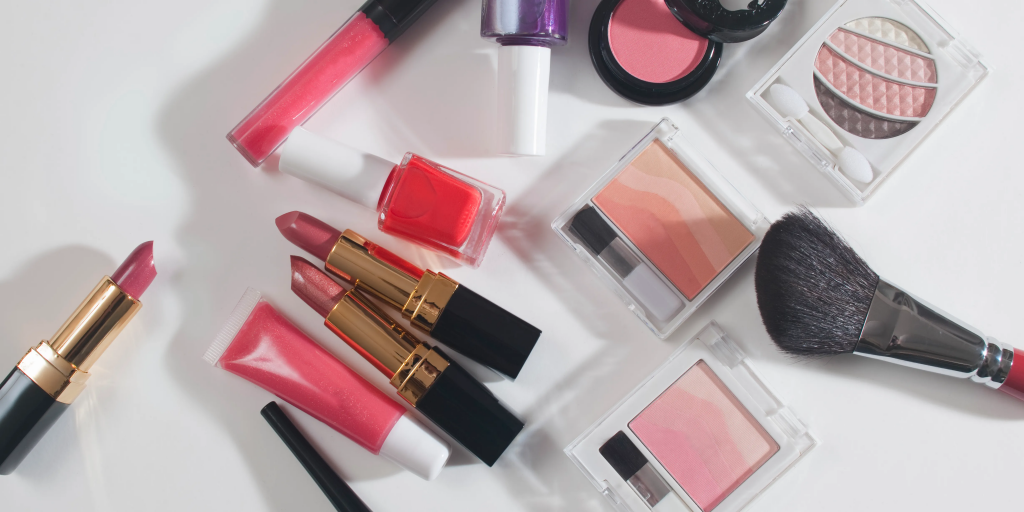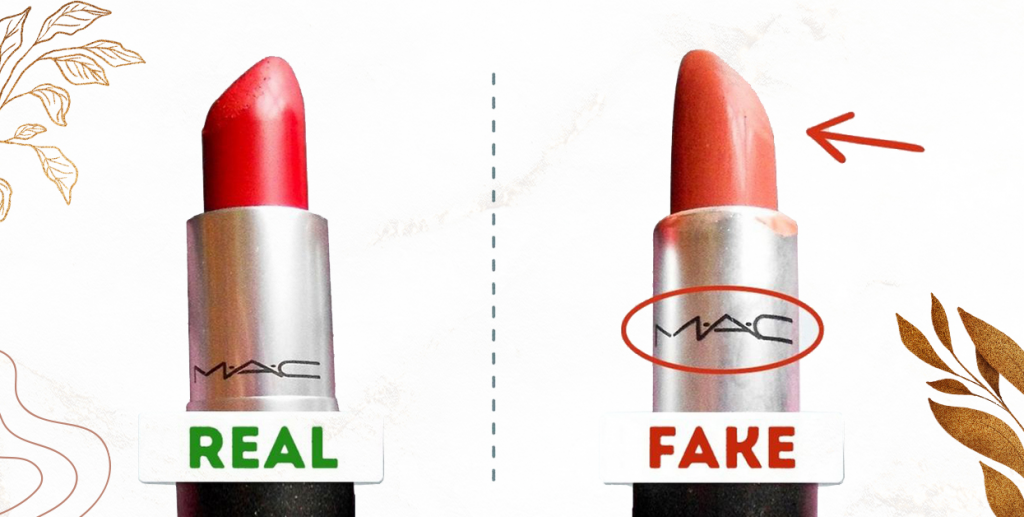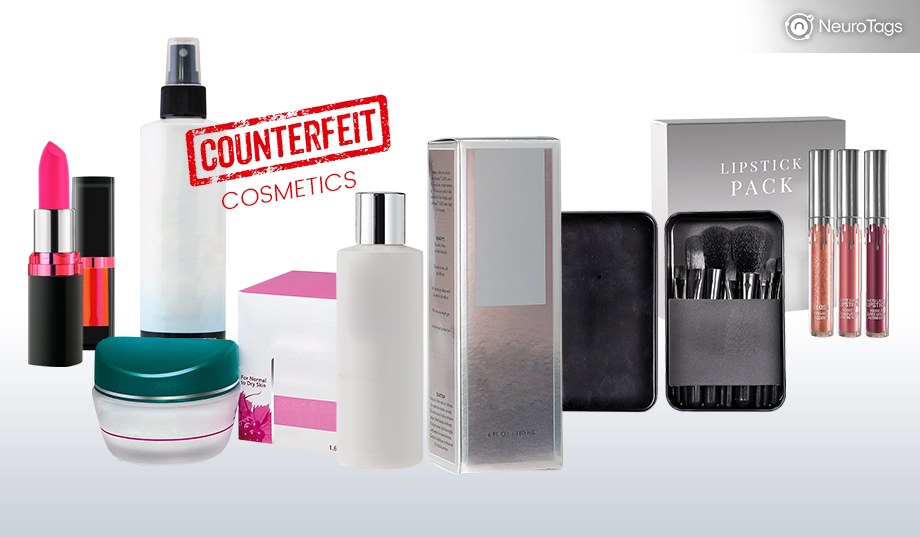Identifying counterfeit cosmetics and products is becoming an increasingly important skill for consumers. With web stores springing up like mushrooms from the digital terrain, the number of fraudsters in the cosmetics industry has increased dramatically. Learn more about the dangers of counterfeit cosmetics and how to spot them.

What Are Counterfeit Cosmetic Products?
Counterfeit products are products counterfeited by manufacturers to resemble well-known brands (MAC, NARS, Kylie Cosmetics, Jeffree Star, etc.). Counterfeit products are very inexpensive cosmetics from overseas with an unclear origin, place of production, or ingredients. Again, extreme caution should be exercised here.
Buying Fake Makeup
Of course, not everyone has the budget to buy expensive lipsticks and face creams. When people suddenly see a great promotion online, they are tempted to add it to their shopping cart immediately. After all, a NARS eyeshadow for 3 euros is a great deal. However, cheap or not, it can quickly become expensive if it turns out to be a fake.
Fact: The UK has been working for years to stop counterfeit cosmetics vendors; in 18 months, more than 5,500 websites selling fakes were taken offline. In addition, at least £3.5 million worth of counterfeit goods were seized.
The Dangers of Counterfeit and Fake Cosmetics
Okay, so you might have fake makeup in your wardrobe. Is it that bad? The short answer is yes. Counterfeit cosmetics and perfumes are indistinguishable from the real thing. (After all, being cheap probably means they are saving on ingredients.) This can have a direct impact on health. For example, several years ago, mercury was used in counterfeit cosmetics. The British police even issued a warning on the national website. At the time, several news sites, including METRO, reported on the story.
What Are the Effects of Regular Skin Contact With These Ingredients?
They can cause rashes, swelling, and inflammation in the short term. Unfortunately, there are ample pictures on the Internet of consumers who have had similar experiences. However, the long-term effects are much more dangerous. Mercury is a type of heavy metal that can cause sensory impairment when exposed. This includes visual, speech, and hearing impairments. Cyanide, even in small concentrations, can already cause headaches, dizziness, confusion, and sometimes nausea. It is not necessary to ingest these ingredients; simply applying them to the skin can trigger these reactions. Just because you don’t notice them right away doesn’t mean they can’t be harmful to your health in the long run.
Counterfeit products
Not only are the ingredients tampered with, but the products are also not or rarely tested for safety. As a result, the products can be extremely dangerous.
Imitation Products
A more recent trend in fraud is to alter existing products. Product packaging is imitated perfectly. Then, one product is simply split in two and offered at a slightly lower price than the original product. Unsuspecting buyers think they have made an offer, but in reality, they are only buying “half” the product. Eyeshadow palettes are replenished by crushing and mixing, facial products and serums are replenished by adding water. As a consumer, you may notice that your eyeshadow’s color suddenly worsens or that your serum doesn’t work either. Perhaps you may suddenly react to your favorite product when you have never been allergic to it before.
Tip: If you want to avoid buying counterfeit or tampered products, always buy from an authorized dealer. Official retailers can be found on each brand’s website.

How Can You Avoid Buying Fake Products?
The easiest way to avoid buying fake cosmetics is to buy them from pharmacies and perfume stores in town or visit a professional salon. In many cases, the owners of these stores purchase directly from the distributors of the respective brands, who supply them with authentic products.
Trust your instincts. If something seems too good to be true, it often is. If a brand-name product is being offered at a 50% discount, you can almost always assume it is counterfeit (or a product about to expire).
Check spelling and grammar and look beyond the product text. Sometimes the product text is copied verbatim. However, if the site itself has spelling or grammatical errors, you can assume you are dealing with a scammer.
Share your thoughts with us in the comments below!




Im very pleased to uncover this page. I want to to thank you for your time just for this fantastic read!! I definitely appreciated every little bit of it and i also have you saved to fav to look at new stuff in your web site.